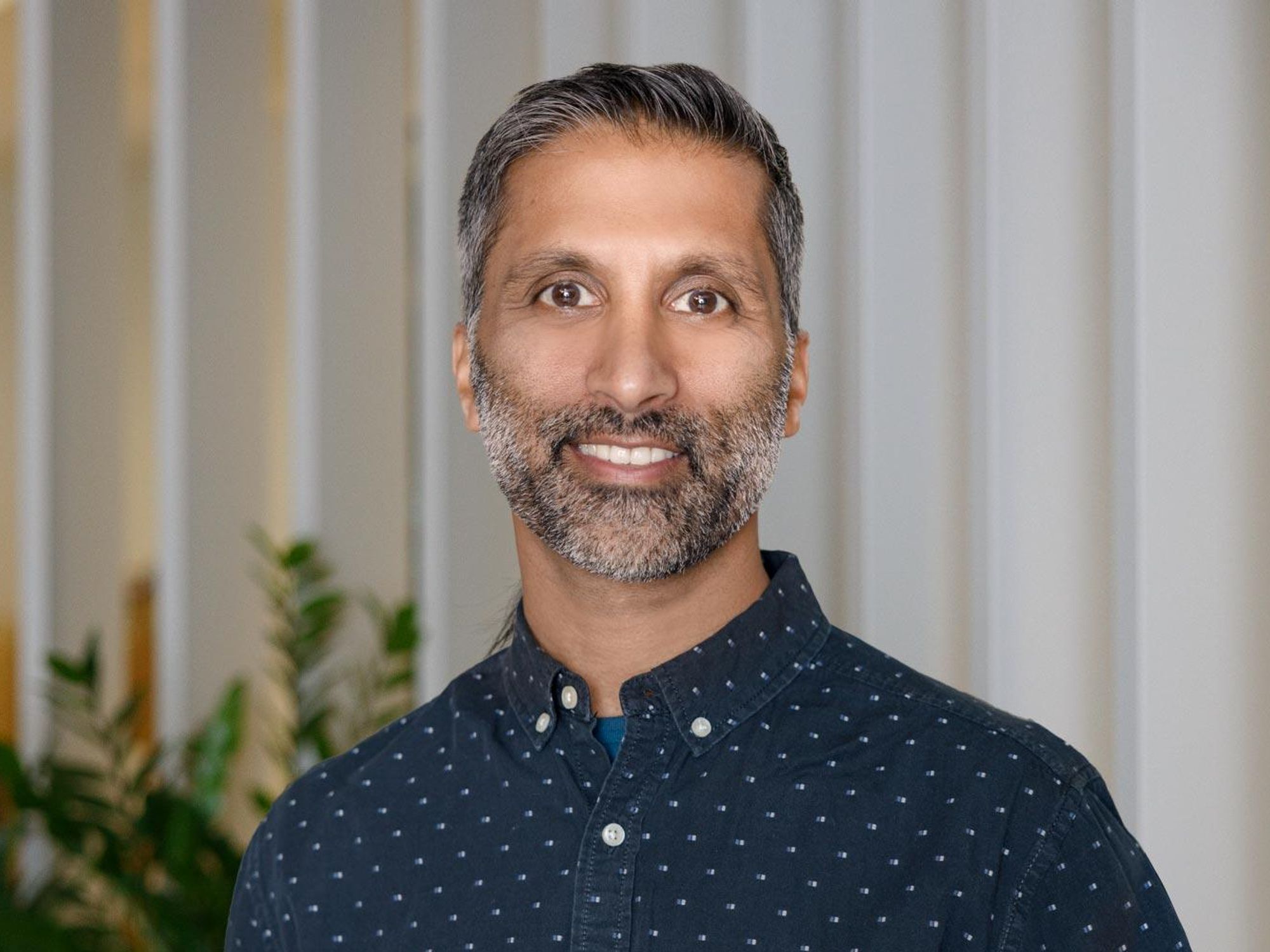LA Venture: Anthemis Group’s Vinay Singh On How Creative Workers Are Pioneering a New Economy

On this episode of the LA Venture podcast, Anthemis Group Managing Director Vinay Singh talks about empowering creators, payments in media and how being a VC is similar to being a producer.
Anthemis is a platform for broad financial change and runs everything from a venture studio, to a SPAC, and everything in between. Singh’s focus is on leading seed and Series A investments out of the Anthemis $150M early stage fund. It also recently expanded to Los Angeles—a move Singh says was in part driven by the number of portfolio companies it oversees that are based here.
“We blinked and we have 10 or more portfolio companies here,” he said, “It's a great place to build consumer fintech companies, but also, you know, regular fintech companies; also a great place to build any company.”
Singh focuses on early-stage investments, but the firm sees itself as a platform providing everything from consulting and media expertise to support for academic work through its Anthemis Institute.
“The vision is really the kind of full-stack evolution of financial services and being able to be a part of that at every level,” he said.
Singh is also a partner at production studio Archer Gray, where he leads the studio’s venture arm. There, he’s helped the company produce 15 movies, including titles like “Lost Girls” and “Inez & Doug & Kira.”
Singh said there are many similarities between investing and producing: both require someone to understand where an industry is going and what people will want years down the line.
“Part of our job is a little bit to be fortune tellers— to understand kind of where the zeitgeist is, and where it's going,” he said. “Whether you're producing a movie or backing a company, it'll be somewhere between years and a decade until they really, maybe, see the light of day.”
At Archer Gray, Singh found himself “as the kind of conduit between the creatives and the money.” That meant figuring out how to structure deals and find the financing that would keep productions running. It also gave him an insight into a new corner of the changing creator economy.
”Increasingly, during that time, the money was coming less and less from Wall Street and more and more from technology platforms,” including crowdfunding powerhouses Indiegogo and Kickstarter.
At Archer Gray, he found that a major limitation was access to capital, especially as content creation became more democratized. The problem was the same for any industry in which people exist outside of traditional workforces—whether in Hollywood, independent professionals or the gig economy.
“Everything from, kind of, how they file their taxes to how they access capital to grow their business has been hard, like it's been a struggle always,” he said.
Those entrepreneurs often require technology tools to help set up their businesses and also new structures for accessing capital.That leads back to his work raising capital for fintech startups at Anthemis.
“It's really hard to make a living as a starving artist, no matter how talented you are,” Singh said. “With the focus on the gig economy and the focus on the creator economy, I think there's a lot of new interesting solutions.”
Anthemis has been particularly interested in the notion that the internet’s next iteration will allow creators to more directly control their products and have direct access to their audiences.
“In order for this to be ready for primetime,” he said, “you have to build the infrastructure. We have to build the kind of scaffolding that's going to support all the different types of businesses.”
Singh and his team are also interested in virtual economies like Roblox, and exploring financial instruments outside of traditional currency, such as blockchain-based ownership structures. That’s an evolution he sees playing out right now, which is bound to undergo more experimentation and more failure before the community arrives at a good structure.
“I think what we're probably going to find is that to have a truly decentralized economy,” he said, “you have to have some centralized regulatory kind of constraints on it to make sure that it can, you know, withstand turbulence and withstand, you know, everything from inadvertent problems to actual financial crime and attack. And I'm not sure we're there yet.”
“There is an emotional intelligence that's really important around innovation,” she said.
dot.LA reporter Kristin Snyder contributed to this post.
This podcast is produced by L.A. Venture. The views and opinions expressed in the show are those of the speakers and do not necessarily reflect those of dot.LA or its newsroom.
Click the link above to hear the full episode, and subscribe to LA Venture on Apple Podcasts, Stitcher, Spotify or wherever you get your podcasts.
- Andreessen Horowitz, Sony, Expa Among VCs to Move to LA - dot.LA ›
- B Capital Group's Mike Fernandez on Growth-Stage Investing - dot.LA ›
- LA Venture: Touchdown Ventures' Beth Kearns - dot.LA ›





 Image Source: Skyryse
Image Source: Skyryse